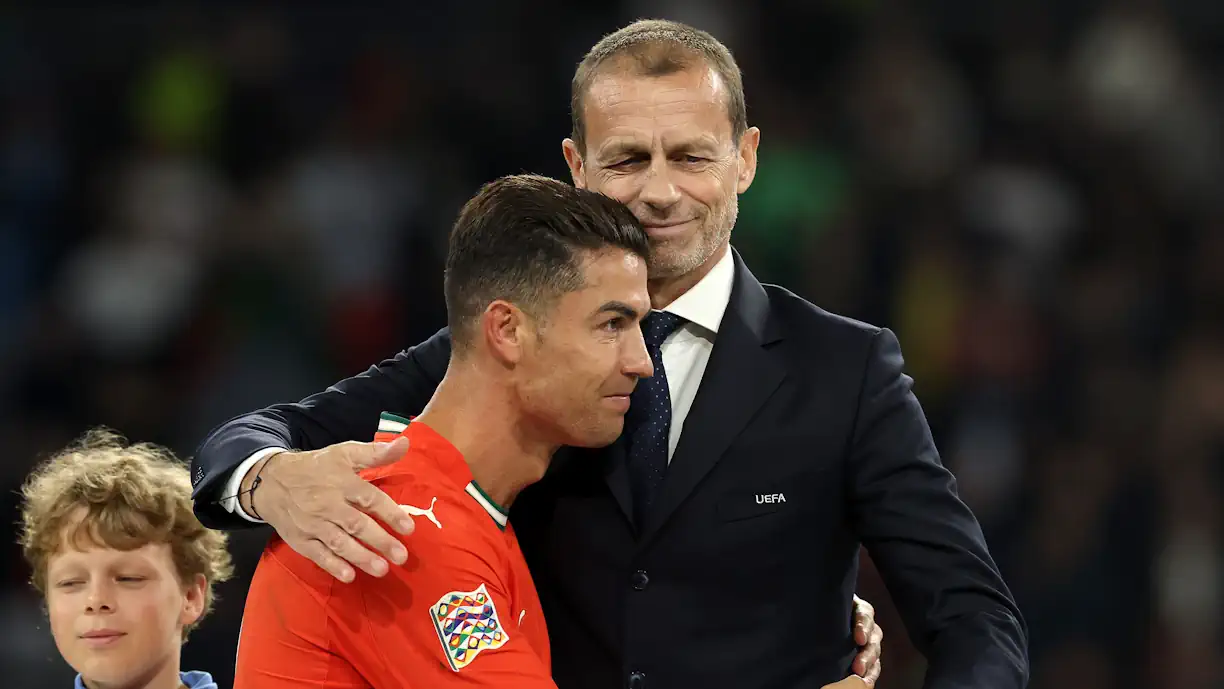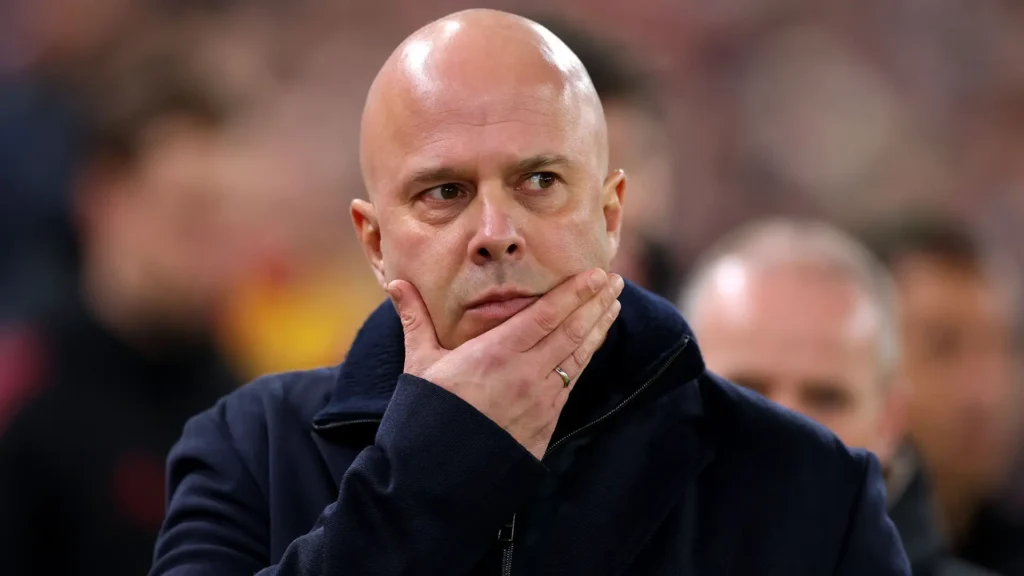UEFA’s two-step financial plan to replenish its pandemic-depleted cash reserves begins with the men’s 2024 European Championship, which will be held in Germany, the continent’s largest economy.
The tournament is expected to generate approximately 2.5 billion euros ($2.7 billion) in revenue from broadcast and sponsorship deals, as well as from ticket sales, hospitality packages, and licensing for the 51-game event. The competition will kick off on June 14 in Munich and culminate on July 14 with the final in Berlin.
One week until Euro 2024 ⏳ pic.twitter.com/1LV6uo1Bqv
— B/R Football (@brfootball) June 7, 2024
In April, UEFA forecast that nearly half of its Euro 2024 income, around 1.2 billion euros ($1.3 billion), will be profit. This profit will fund a significant portion of UEFA’s activities and development grants over the next four years, while also boosting its cash reserves. UEFA maintains a baseline comfort level of 500 million euros ($543 million) in cash reserves, which stood at 575 million euros ($624 million) before the pandemic in early 2020.
The pandemic caused UEFA’s reserves to drop to 360 million euros ($391 million) according to the most recent financial statements for 2023. However, UEFA finance director Josef Koller assured its 55 member federations in February at their annual congress in Paris that the lowest point has been reached.
🏟️ Berlin gets dressed 🕴️#EURO2024 pic.twitter.com/uxFGlzibti
— UEFA EURO 2024 (@EURO2024) June 7, 2024
The men’s European Championship is the cornerstone of UEFA’s finances, supporting development payments to its members. Although the Champions League and other club competitions generate more revenue — about 3.5 billion euros ($3.8 billion) this season — most of that income goes back to the clubs as prize money. UEFA’s share, approximately 6.5% of net revenue after deductions, has amounted to less than 200 million euros ($217 million) annually.



 San Siro officially lost hosting rights of 2027 Champions League final to Metropolitano
San Siro officially lost hosting rights of 2027 Champions League final to Metropolitano  UEFA president Ceferin hits back at busy schedule complaints
UEFA president Ceferin hits back at busy schedule complaints  Southgate leaves England after Euro 2024 final defeat
Southgate leaves England after Euro 2024 final defeat 










